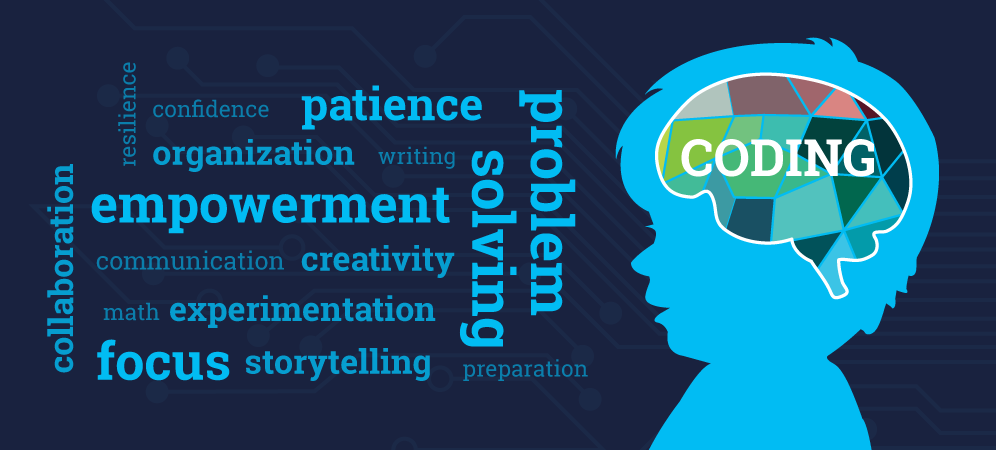There are many differences between PHP 5 and 7. Some of the main points are:
- Performance: it is obvious that later versions are always better than the previous versions if they are stable. So, if you execute code in both versions, you will find the performance of PHP 7 is better than PHP5. This is because PHP 5 use Zend II and PHP & uses the latest model PHP-NG or Next Generation.
- Return Type: In PHP 5, the programmer is not allowed to define the type of return value of a function which is the major drawback. But in PHP 7, this limitation is overcome and a programmer is allowed to define the return type of any function.
- Error handling: In PHP 5, there is high difficulty to manage fatal errors but in PHP 7, some major errors are replaced by exceptions which can be managed effortlessly. In PHP 7, the new engine Exception Objects has been introduced.
- 64-bit support: PHP 5 doesn’t support 64-bit integer while PHP 7 supports native 64-bit integers as well as large files.
- Anonymous Class: Anonymous class is not present n PHP 5 but present in PHP 7. It is basically used when you need to execute the class only once to increase the execution time.
- New Operators: Some new operators have added in PHP 7 such as <=> which is called a three-way comparison operator. Another operator has added is a null coalescing operator which symbol as?? and use to find whether something exists or not.
- Group Use declaration: PHP 7 includes this feature whereas PHP 5 doesn’t have this feature.

PHP 5 vs PHP 7
PHP is a server side scripting language designed for web development by Rasmus Lerdorf in 1994. Since its launch in 1994 PHP has become an industry standard supporting almost 80% of the websites ( 79.8% to be precise) with its closest competitor being ASP.Net at 19.8% and others like Ruby, Java trailing far behind.
The PHP development team released the latest version of PHP: PHP 7 claiming it to be twice as fast as its predecessor PHP 5. So, is migrating to PHP 7 really worth it?
Let’s get into some details:
Advantages:
- Performance: As per Zend Technologies, the performance improvement is huge!! Just upgrading to PHP 7 gives enormous performance upgrades. Hence, PHP 7 is often termed PHPNG (PHP – Next Gen) taking the performance of your code to a whole new level.
- Return Type: Developers have been raising their eyebrows over not being able to declare a return type for their function. This has somewhat been taken care of in PHP 7 where you will be able to declare what type of value will be returned. Eg. :
public function area (float $r) : float
{
return 3.14*$r*$r;
}
- Spaceship Operator: As the name suggests, the spaceship operator introduced is certainly from a different world. It can be mostly used in sorting and combined comparison. Example:
Before:
function sort ($a,$b)
{
if ($a>$b)
return 1;
else if ( $a ==$b)
return 0;
else
return -1;
}
In PHP 7:
function sort ($a,$b)
{
return $a < = > $b;
}
- Null Coalesce Operator:The coalesce operator (??) returns result of its first operand if it exists, or null if it doesn’t. Eg. :
Before:
if (isset ($_GET [‘name’]))
{
$name = $_GET [‘name’];
}
else
$name = null;
In PHP 7:
$name = $_GET [‘name’]?? Null;
Additional Features:
- Unicode Codepoint Escape Syntax : PHP 7 introduced syntax to escape Unicode codepoint as below :
echo “\u{202E} Reverse “; // This outputs : esreveR
- Deprecation of mysql_* functions: PHP 7 has deprecated all mysql_* functions, now developers have to use mysqli (the intelligent version of MySQL) instead.
Cons:
While there is no major downside to it, but to just point out, here is a list of some:
- A lot of extensions are not ready yet for PHP 7.
- If anyone has functions like “ereg” and “mysql” buried deep inside their code base, they are gonna strike a Backward Compatibility wall as these functions are deprecated and, it is going to be a real pain in the behind to upgrade.
Conclusion:
PHP 7 is the future of PHP and all the applications will need to upgrade to PHP 7 sooner or later. Like all major revolutions throughout history, the PHP 7 revolution will also be spilling some blood before producing something awesome.
How do you feel about PHP 7 in general? Is it heading in the right direction? Let us know!!
This blog is contributed by Ayusch Jain. If you also wish to showcase your blog here, please see GBlog for guest blog writing on GeeksforGeeks.
